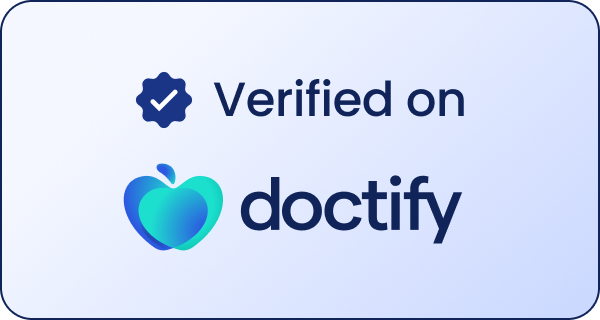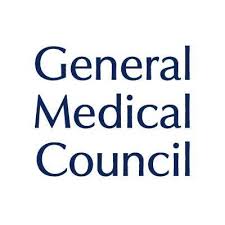How is anxiety in children treated?
There are several evidence-based treatments to help children manage anxiety effectively.
Cognitive Behavioural Therapy (CBT)
A first-line therapy that teaches children to recognise and challenge unhelpful thoughts. May include:
- Cognitive restructuring: identifying and reframing anxious thoughts
- Exposure therapy: gradually facing feared situations
- Relaxation strategies: deep breathing, progressive muscle relaxation, and mindfulness
Acceptance and Commitment Therapy (ACT)
Focuses on helping children accept difficult feelings and commit to meaningful actions, even when anxious.
Dialectical Behaviour Therapy (DBT)
Originally for emotional regulation, DBT can help with severe anxiety through skills like distress tolerance and emotional regulation.
Play Therapy (for younger children)
Allows children to express and process emotions through guided play.
Family Therapy
Helps families better understand anxiety and support the child. Can also address family dynamics contributing to stress.
Social Skills Training
Especially helpful for children with social anxiety, to build confidence and communication skills.
Medication
In some cases, medication such as selective serotonin reuptake inhibitors (SSRIs) may be recommended alongside therapy.



